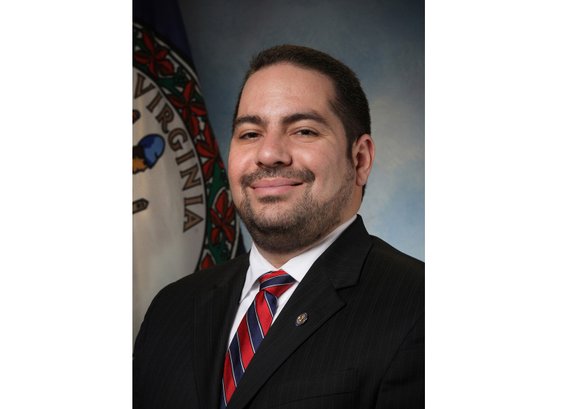Congressional district change may cost city $60,000-plus
Jeremy M. Lazarus | 1/27/2016, 8:35 p.m.
Call it an unexpected expense.
Richmond might have to cough up between $60,000 and $80,000 to notify city voters that they have been moved from the 3rd Congressional District to the 4th Congressional District.
And that cost could be doubled if the U.S. Supreme Court overturns a lower court decision later this year and returns the city to the 3rd Congressional District.
The notification expense is one of the little-noticed conse- quences of a three-judge panel’s decision earlier this month to revamp the boundaries of the 3rd District after finding the district was illegally packed with black voters.
Under the old map in place since 2011, the city was split between the 3rd and 7th congressional districts. Now the entire city is to be in the 4th District under the map the three judges approved earlier this month.
That means Richmond’s 130,000 registered voters must re- ceive an official notice of the change either from the local voter registrar’s office or the state Board of Elections.
What is known is that the notification would need to be done in March, just after the completion of the presidential primary and amid preparations for party primaries for the 2016 congres- sional elections.
It’s not just the cost of postage, which could run up to 49 cents per notice, but also the expense of printing and preparing the notices for mailing.
Richmond is not alone. Every locality that has voters whose congressional district has been changed is facing the notification issue. The court revamped a total of five congressional districts, including the 1st and 2nd along with the 3rd, 4th and 7th.
However, Richmond will be among those facing the biggest expense because it has one of the largest numbers of voters to be notified.
If the state does not pick up the cost, each locality would need to, election officials have said, and it likely would take an extra appropriation as the decision was handed down six months after the 2015-16 budgets were approved.
Edgardo Cortes, commissioner of the state Department of Elections, was not immediately available for comment about how the expense is to be handled. — JEREMY M. LAZARUS






